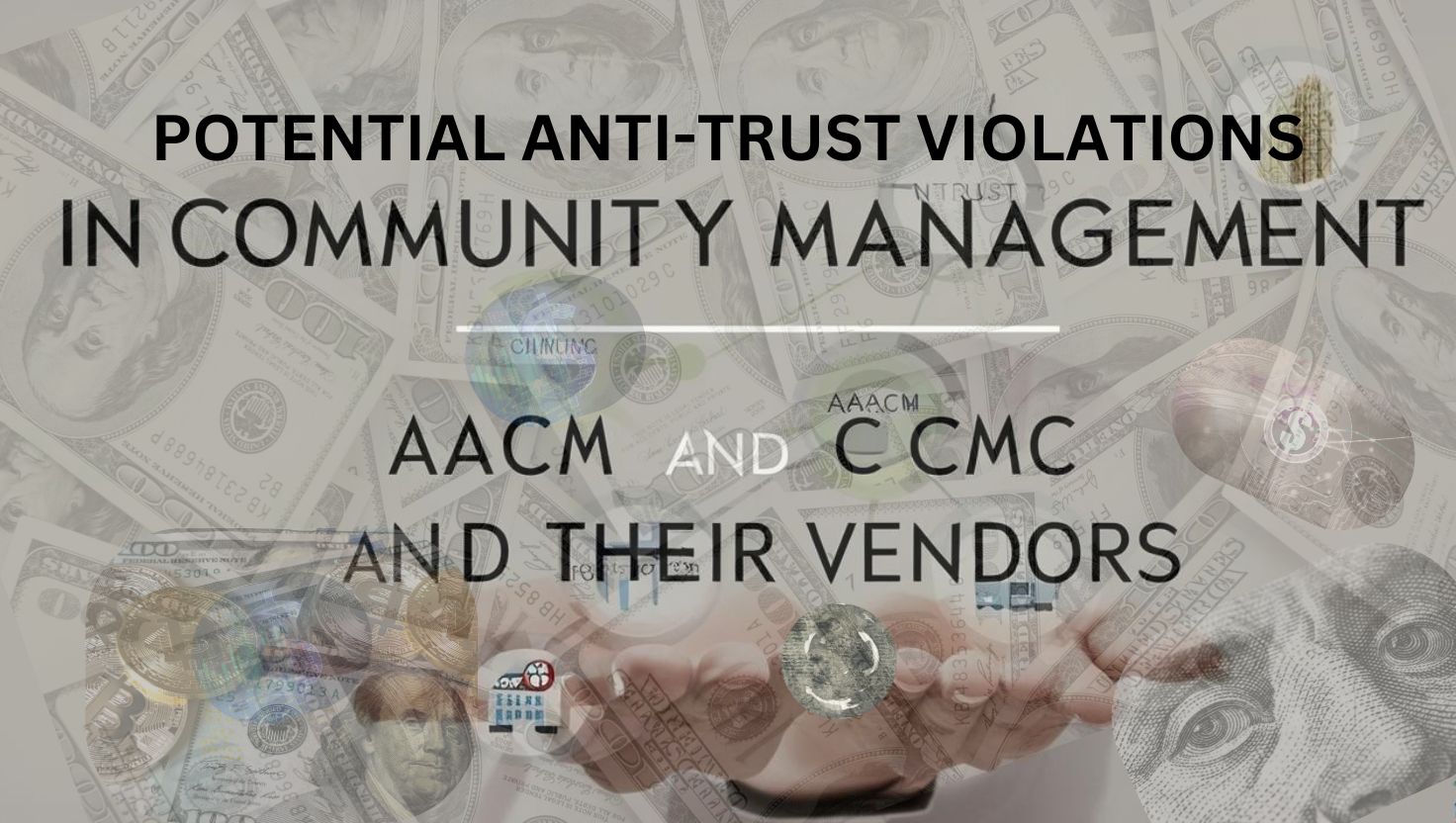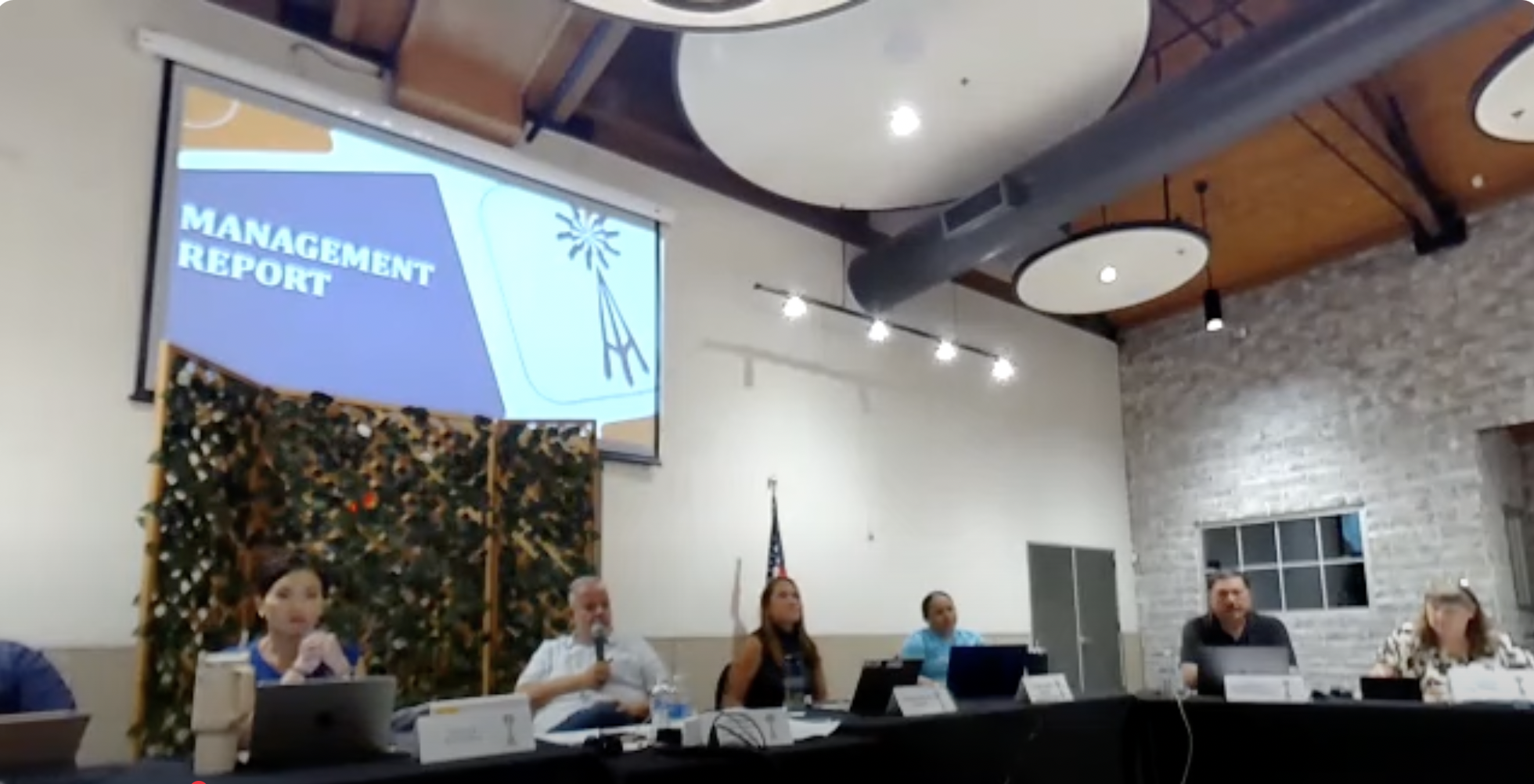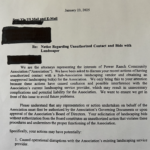Sherman Anti-Trust Act
How Can It Protect You From Predatory Business Practices?
The Sherman Antitrust Act, enacted in 1890, aims to promote fair competition and prevent monopolistic practices in the marketplace. It prohibits agreements or actions that restrain trade or commerce, including price-fixing, monopolization, and collusion. In the context of community management, particularly involving organizations like the Arizona Association of Community Managers (AACM) and Community Association Management Company (CCMC), concerns have emerged regarding their business practices and relationships with vendors. This article explores how these practices could potentially violate the Sherman Antitrust Act.
How Are They Connected?
AACM & CCMC
AACM is a professional organization that represents community managers in Arizona, providing training, certification, and advocacy for its members. CCMC, on the other hand, is a management company that offers services to homeowners’ associations (HOAs) and community associations. Both organizations play significant roles in shaping the community management landscape, influencing policies, and determining the standards for management practices.
Vendor Relationships and Potential Collusion
One of the primary concerns regarding AACM and CCMC is their relationships with vendors who provide services to community associations. If AACM and CCMC engage in practices that favor specific vendors, such as exclusive contracts or preferential treatment, they may be engaging in anti-competitive behavior. This could manifest in several ways:
Exclusive Contracts: If AACM or CCMC enters into exclusive agreements with certain vendors, it could limit competition by preventing other vendors from offering their services to community associations. This could lead to inflated prices and reduced service quality, harming homeowners and associations.
Price-Fixing: If AACM, CCMC, and their vendors coordinate to set prices for services, this would constitute price-fixing, a clear violation of the Sherman Antitrust Act. Such agreements undermine the competitive market and can lead to higher costs for homeowners.
Market Allocation: If these organizations and their vendors agree to divide markets or customers among themselves, it could restrict competition and limit choices for community associations. This practice can lead to monopolistic control over certain services, further harming consumers.
Impact on Homeowners and Community Associations
The potential antitrust violations by AACM, CCMC, and their vendors can have significant repercussions for homeowners and community associations. When competition is stifled, homeowners may face higher fees for services, reduced quality of management, and limited options for service providers. This can lead to dissatisfaction within communities and a lack of trust in the management organizations.
Collusion and Pay-to-Play Tactics
Dennis Legere, an advocate for homeowners rights has concerns centered around the relationships between AACM, community management companies, and the various vendors that serve these associations. He argues that the AACM operates as a political action committee, primarily representing the interests of its members—community managers and attorneys—rather than the homeowners they are supposed to serve.
“The system is designed to benefit those who are already in power,” Legere explains. “Community managers and their affiliated vendors often engage in pay-to-play tactics, where contracts and services are awarded based on relationships rather than merit.” This creates an environment where homeowners are left vulnerable, as decisions impacting their communities are made without their input or consideration.
The implications of these practices are significant. Homeowners often face inflated costs for services, lack of accountability from management companies, and a general disregard for their rights. Legere’s advocacy seeks to dismantle this system, pushing for legislation that would establish clearer boundaries and protections for homeowners.

Potential Antitrust Implications
f evidence of antitrust violations emerges, affected parties, including homeowners and community associations, may have grounds to file complaints with the Federal Trade Commission (FTC) or pursue legal action. The Sherman Antitrust Act allows for both civil and criminal penalties for violations, which can include hefty fines and even imprisonment for individuals involved in collusion.
Legislative Efforts and Community Empowerment
The business practices of AACM, CCMC, and their associated vendors warrant scrutiny under the Sherman Antitrust Act. Exclusive contracts, price-fixing, and market allocation are potential violations that could harm competition and negatively impact homeowners and community associations. As the landscape of community management continues to evolve, it is crucial for stakeholders to advocate for transparency, fair competition, and accountability to ensure that the interests of homeowners are protected. Monitoring these practices and promoting competitive behavior will be essential in fostering a healthy community management environment.
Watch Full Interview
Dennis Legere’s journey as an advocate for homeowners’ rights highlights the urgent need for reform in the governance of community associations. His insights into the collusion and pay-to-play tactics employed by organizations like AACM serve as a call to action for homeowners across the nation. By fostering transparency, accountability, and fair competition, Legere believes that communities can reclaim their power and ensure that their voices are heard in the decision-making processes that affect their lives. As the fight for homeowners’ rights continues, Legere remains a steadfast advocate for change, inspiring others to join the movement for a more equitable future in community governance.
Stay up-to-date
Signup to receive the latest homeowner's news!
Last modified: March 26, 2025







